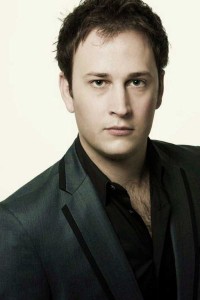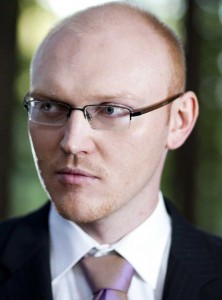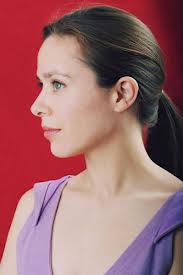Handel: La Resurrezione ( Rome, 1708)
 1st April, 2013 at the Wigmore Hall
1st April, 2013 at the Wigmore Hall
Julia Doyle soprano
Stefanie True soprano
Anna Starushkevych mezzo sporano
Alexander Sprague tenor
Lukas Jakobski bass
Adrian Butterfield conductor
London Handel Orchestra
A work by Handel hardly comes earlier than this little gem from his time in Rome. It was composed for performance on Easter Sunday. In contrast to the darker oratorio tradition of the Passions this subject is at once brighter and the text more widely varied. La Resurrezione was performed in Rome in 1708. Generally throughout Europe, Catholic or Protestant, Opera was banned in Lent. Indeed it was in order to fill with Covent Garden and Drury Lane with an audience during these fallow six weeks that Handel returned to the oratorio-form in the 1730’s and 1740’s to such musical, dramatic effect – making him perhaps the master of the genre.Yet here in 1708 we find Handel already at home in the form.
La Resurrezione is a dramatic portrayal of the battle between God (represented by an Angel) and the Devil after Jesus’s crucifixion. This is one of Handel’s most colourful scores and the orchestra at the first performances was led by the famous Italian violinist, Arcangelo Corelli. The libretto was of course Italian and penned by Carlo Sigismondi. Although in the first performance the role of Magdalene was played by Margherita Durastanti she later withdrew in favour of a castrato. The rules in counter-reformation Rome about both opera and performance were strict and strictly observed. Handel’s patrons in Rome included the Cardinals Ottoboni and Pamphili. Many of Handel’s concert were played in the gardens of the Esquiline Hill in the grounds of the Marchese Ruspoli’s palace.
The Wigmore Hall was set alight by this most singular performance last Monday. It was brilliantly sung and joyously performed. Julia Doyle was moving as Magdalene and sang as sweetly as any songbird. The Angel of Stephanie True was bright and delightful. She sang lightly with a lovely technique and perfect decoration. Mary of Cleophas was sung by Anna Starushkevych. Hers is a lovely rich mezzo almost into the golden fruity range of contralto. Alexander Sprague was a lilting tenor who sang with fine pace and perfect pitch. But I must admit Lukas Jakobski’s Lucifer somewhat stole the show – the devil often having the best tunes. Lukas has such a great voice: a grand, large sound, wonderful thunder-like rolling growl in the rich lower register. I’ve heard him in small roles in the opera House. but in the Wigmore he was a deliciously big presence. In fact they all just blew us away. The Orchestral play was purely wonderful under Adrian Butterfield. I have always loved these early works of Handel – this oratorio, together with his Dixit Dominus and the birthday Ode for Queen Anne (1713) Eternal Light Divine. The evening sped by and I can honestly say this was the very best thing I’ve heard this year.
What a way to spend an Easter Monday! What a Monday on which to end this little season of my of classical Monday pops…..except…..
Rosenblatt recitals 18th March 2013
Damiano Salerno with Giulio Zappa
Sometimes it is better to say nothing than damn with faint praise. This bizarre concert came to the Wigmore under the patronage of Ian Rosenblatt. Mr Rosenblatt spoke to us before the concert. He told us we would both enjoy the concert & also could enjoy buying some of the recordings from some of his other concerts in the interval. In that hope I fear he was optimistic.
This was not good music by any measure. It was an odd programme to start with – selections of wonderful arias from some of the greatest roles penned by Verdi, Bellini, Donizetti, Mascagni and Tosti. This is big music for a small intimate concert hall. The somewhat blousy performance was better suited to Music Hall. Salerno filled the Wigmore Hall with a very loud voice but forte oftentimes isn’t pretty and rarely in my experience is it enough.
Waving ones hands about and singing louder to express emotion may pass for art in some places; it may please some of the crowd some of the time; but it is not the interpretative art of the singer. The time to the interval was mercifully short. I left as soon as I could. This was not an evening for the weak-willed or faint-hearted though some of the extraordinary audience insisted upon screaming bravo back at Salerno after each of his rather artless Munchian screams-of-arias at us.
Salerno probably has quite a career in the minor opera houses of Italy. He was however unsuited to the Wigmore. And as far I am concerned after this experience Rosenblatt concerts, like Rosencrantz and Guildenstern, are dead to my poor ears and I will be deaf to their entreaties to go to another recital…..



